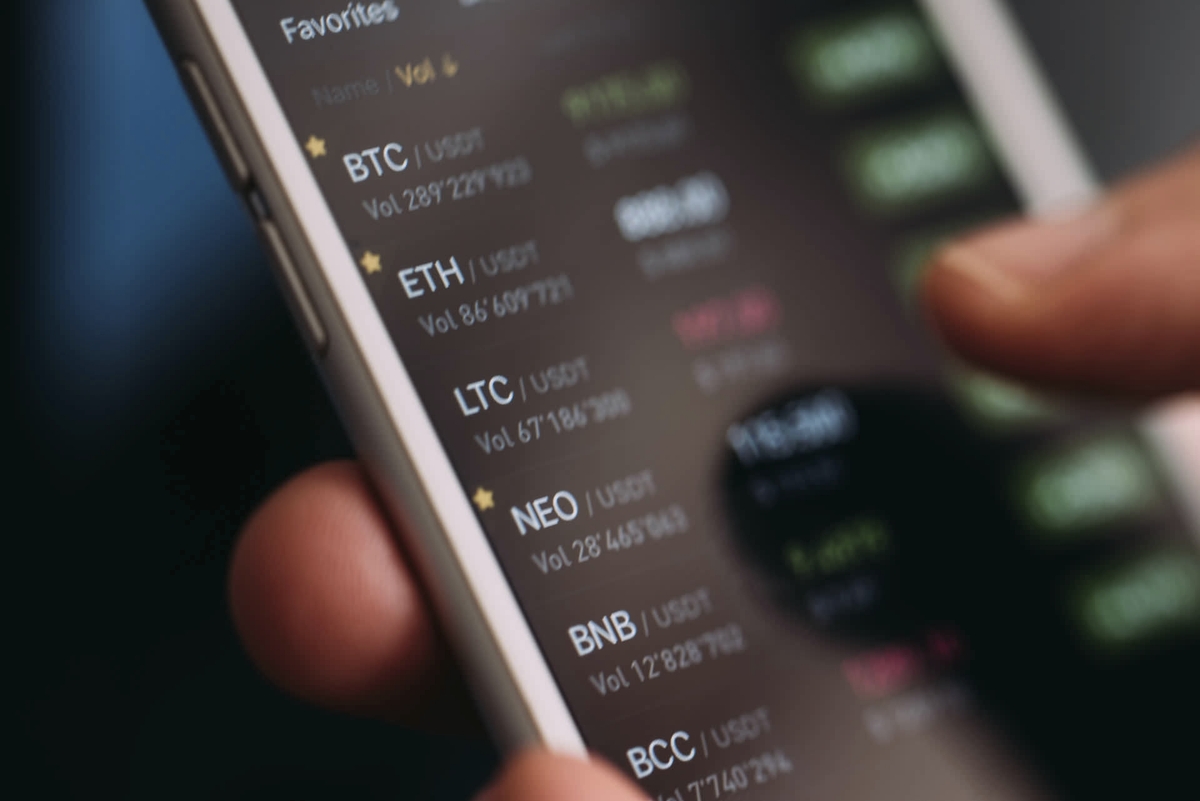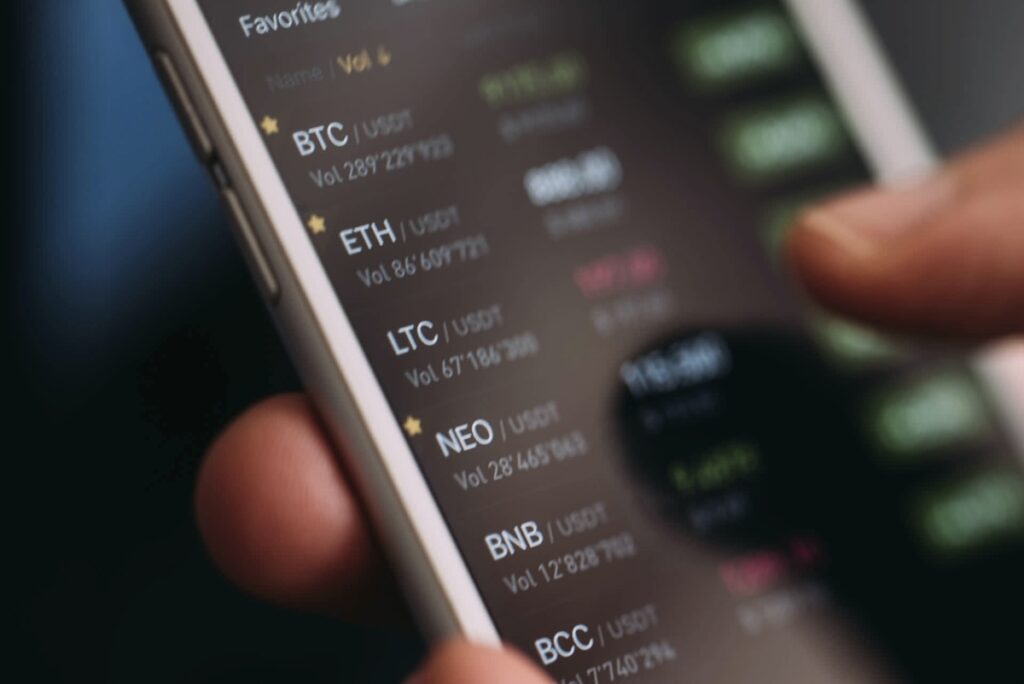
The Brazilian stock market, represented by the Ibovespa index, is known for its volatility, reflecting the country’s economic dynamics and investor sentiment. On a particular day, only three stocks managed to close in positive territory, raising questions about market trends and investor strategies. This article explores the implications of this phenomenon, the stocks that defied the downward trend, and broader market conditions influencing these movements.
Understanding the Ibovespa Index
The Ibovespa (Índice Bovespa) is the benchmark stock market index in Brazil, comprising the most traded stocks on the B3 (the Brazilian stock exchange). It serves as a barometer for the Brazilian economy and investor confidence. The index is weighted by the market capitalization of the constituent companies, which means that larger firms have a more significant impact on its movement.
Market Overview
On the day in question, the Ibovespa experienced a notable decline, influenced by various factors, including macroeconomic indicators, political developments, and global market trends. Economic uncertainty, especially regarding inflation rates and interest hikes, often drives Brazilian investors to be more cautious. Additionally, global markets were experiencing fluctuations due to geopolitical tensions and central bank policies, particularly in the United States and Europe.
Factors Influencing Market Decline
- Global Economic Conditions: The interconnection of global markets means that economic data from major economies can have a direct impact on emerging markets, including Brazil. For instance, signals of potential interest rate hikes from the U.S. Federal Reserve can lead to capital outflows from emerging markets, causing declines in stock indices like the Ibovespa.
- Domestic Economic Indicators: Inflation rates, unemployment numbers, and GDP growth projections are critical for investor sentiment. In Brazil, rising inflation has often led to increased interest rates, which can dampen economic growth and corporate earnings.
- Political Landscape: Brazil’s political environment can significantly affect market performance. Any signs of instability or controversial policy announcements can lead to negative investor sentiment, driving stock prices down.
The Three High-Performing Stocks
Despite the overall negative performance of the Ibovespa, three stocks managed to close positively. Here’s a closer look at these companies and the factors contributing to their performance:
1. Petrobras (PETR3)
Petrobras, Brazil’s state-controlled oil giant, is often a bellwether for the Brazilian economy. On this specific day, Petrobras shares saw an uptick due to rising global oil prices and favorable quarterly earnings reports. The company has been focusing on cost reduction and efficiency improvements, which have positively impacted its bottom line. Moreover, any news regarding the stabilization of oil prices often leads to increased investor confidence in Petrobras.
2. Vale (VALE3)
Vale, one of the largest mining companies in the world, particularly in iron ore production, saw its shares rise due to increased demand for commodities, particularly from China. With the ongoing recovery of the Chinese economy, Vale’s exports have benefited, leading to a positive outlook for the company. Additionally, Vale’s commitment to sustainability and reducing carbon emissions has attracted environmentally-conscious investors, further boosting its stock price.
3. Magazine Luiza (MGLU3)
Magazine Luiza, a prominent retail company in Brazil, managed to close positively due to strategic initiatives aimed at enhancing its e-commerce platform and improving customer experience. The retail sector in Brazil has been facing challenges, but Magazine Luiza’s focus on digital transformation and customer-centric approaches has set it apart from competitors. Positive sales forecasts and marketing campaigns may have contributed to investor optimism.
Strategic Considerations for Investors
For investors navigating a market where only a few stocks are performing well, it’s crucial to adopt a strategic approach:
- Diversification: Maintaining a diversified portfolio can mitigate risks associated with market volatility. Investors should consider including sectors that may perform well even in downturns, such as utilities or consumer staples.
- Focus on Fundamentals: Analyzing the fundamentals of the companies in your portfolio can help you make informed decisions. Look for companies with strong balance sheets, solid revenue growth, and positive earnings projections.
- Stay Informed: Keeping abreast of both domestic and global economic indicators is essential. Understanding how macroeconomic trends can affect specific sectors will enable investors to anticipate market movements.
- Long-Term Perspective: While short-term fluctuations can be concerning, maintaining a long-term investment perspective can help investors weather volatility. Historically, stock markets tend to recover from downturns, making it essential to remain patient.
Conclusion
The performance of the Ibovespa, especially when only a few stocks show positive results, highlights the complexities of investing in emerging markets. Various external and internal factors can create a challenging environment, yet some companies manage to thrive through effective strategies and strong market positioning. This situation underscores the importance for investors to grasp these dynamics. By conducting thorough analyses and understanding the unique characteristics of the Brazilian stock market, investors can navigate the complexities more effectively. Ultimately, informed decision-making can lead to successful outcomes, even amidst the volatility often seen in emerging markets like Brazil. Therefore, staying updated on market trends and company performance is essential for maximizing investment potential in such environments. By focusing on diligent research and strategic planning, investors can capitalize on opportunities and mitigate risks inherent in the market.

